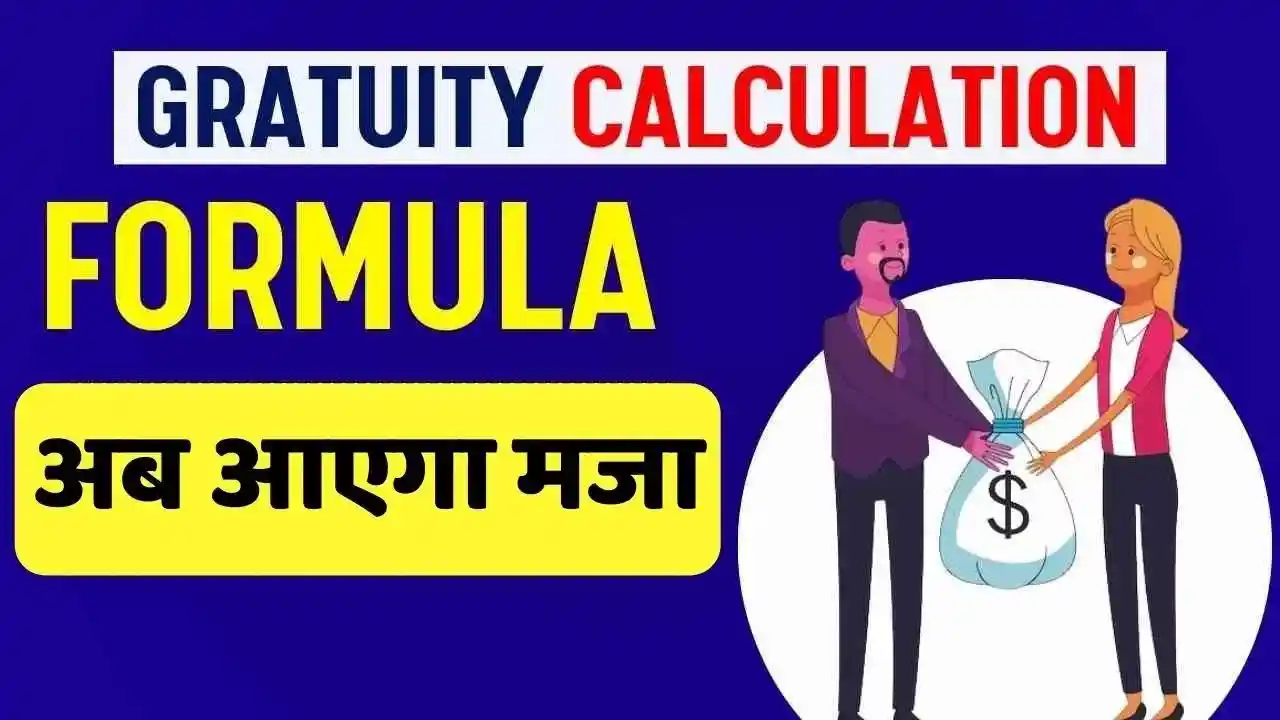The final and perhaps the most obvious inducement is gratuity, this is a monetary remuneration that employers accord employees for their service hard time at work. It works also as an appreciation besides offering financial incentive to the employees especially after they have served the organization for a long time. Now it’s time to discover if and how gratuity should be given in simple word – I mean, let’s consider its eligibility and computation.
How to Calculate Gratuity
The calculation of gratuity is based on the employee’s last drawn salary and the number of years worked. The formula for gratuity is straightforward:
Gratuity = (Last drawn salary×Years of service×15)/26\text {Gratuity} = (\text{Last drawn salary} \times \text{Years of service} \times 15) / 26Gratuity=(Last drawn salary×Years of service×15)/26
Here’s a breakdown of this formula:
- Last drawn salary includes the basic salary and dearness allowance (DA).
- The number 15 represents 15 days of salary given for every year of service.
- The number 26 stands for the average number of working days in a month.
Eligibility for Gratuity
To receive gratuity, an employee needs to tender their services in that organization for at least five years consecutively. It helps to guarantee that gratification is offered to employees that have remained loyal and committed to their companies. The gratuity is payable only if the employee has served for five years or more and is retiring, resigning from the service or891 the termination covers any other condition as provided for under the law.
Accounting or other analysis of paying gratuity or computation of gratuity could be explained as following instances:
Example 1:
In this case, let us consider an employee with 7 years of service and having drawn a monthly salary of ₹50,000. The gratuity calculation would be as follows:
Gratuity= (50,000 x 7 x 15) / 26 = ₹2,01,923
Gratuity Beyond the Legal Framework
The Payment of Gratuity Act, 1972, stipulates payment of gratuities where an organization is under this law; however, organizations not captured under it, often offer gratuities to employees. These companies may have their own policies in place which may have better provisions in most cases, the provisions offered being equal to or even bigger than those stipulated in the Act.
Again gratuity despite its actuality being a legal requirement or a bonus from the employers, proves to be an effective way to make employees feel valued for their loyalty.
